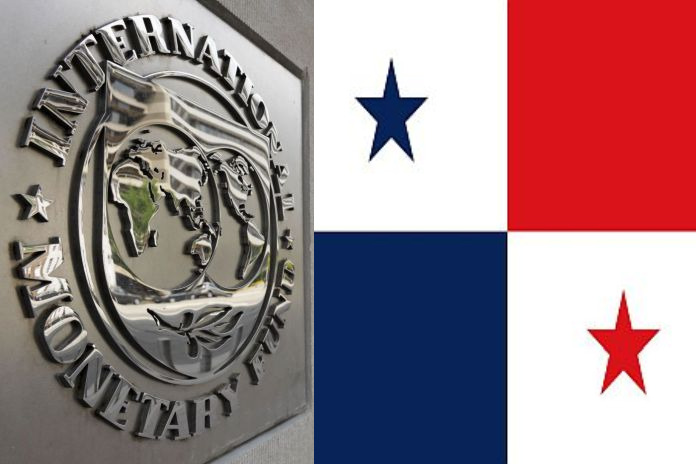PAMAMA, CITY Panama – On February 22, the executive board of the International Monetary Fund (IMF) concluded the Article IV consultation.
In the decade-and-a-half preceding the Covid-19 pandemic, an unprecedented construction and investment boom precipitated a rapid economic expansion in Panama.
The Panama Canal and Tocumen Airport were expanded, there was a large-scale building of new skyscrapers in Panama City, and one of the largest copper mines in the world was constructed. Economic growth was further supported by the expansion of the services and logistics sectors, which benefited from the widening of the Panama Canal. With a rapid expansion of the capital stock, real GDP grew by 6 percent annually, poverty declined sharply, and income levels rapidly converged with those in advanced countries.
The Covid-19 pandemic led to a deep downturn, with real GDP shrinking by 18 percent and unemployment spiking to 18½ percent in 2020, from 7 percent in 2019.
The recovery has been very strong, but the outlook is uncertain
Output expanded by 15 percent in 2021 and a projected 9 percent in 2022. Employment has rebounded strongly, while inflation remained low compared with other countries. The fiscal deficit declined from 10.4 percent of GDP in 2020 to 4 percent of GDP in 2022. Nonetheless, risks of new external shocks have emerged, including a sharper-than-expected downturn of the world economy, renewed surges in food and energy prices, and disruptions to global capital markets.
There are also uncertainties about when the rebound of the deep Covid-related downturn will have run its course, and what the medium-term growth potential of Panama will be given that construction is unlikely to provide the same support to grow as it has in the past decade and a half. Other domestic risks include a prolonged inclusion of Panama in the Financial Action Task Force (FATF) grey list and disruptions to copper mining activities after negotiations between the government and Minera Panama on a new contract failed to meet a mid-December 2022 deadline.
Executive board assessment
Executive directors agreed with the thrust of the staff appraisal. Panama witnessed a strong post-pandemic economic recovery, supported by a rebound in the global economy. However, the outlook remains uncertain, with risks of new external shocks, vulnerabilities from a prolonged inclusion in the Financial Action Task Force (FATF) grey list, and possible disruptions to copper mining activities following delays in reaching a new mining agreement.
Looking ahead, directors concurred that policies should focus on rebuilding buffers and ensuring the convergence of Panamanian income levels with those in advanced countries continues. While welcoming the recent progress, they underscored the critical importance of prioritizing an exit from the FATF grey list at the earliest date possible by expeditiously addressing the remaining deficiencies in the AML/CFT regulatory framework.
To ensure debt sustainability in the medium term, directors highlighted the importance of further reducing the fiscal deficit, in accordance with the fiscal rule. They agreed that tax revenue will need to increase to sustainably reduce the fiscal deficit while preserving social spending and creating room for more education spending. In this context, directors stressed the importance of improving tax and customs collection efficiency; broadening the tax base by reducing exemptions, deductions, and tax expenditures; and addressing the deficits in the defined-benefit pension component of the social security system.
Directors noted that capital adequacy and liquidity indicators in the banking sector are well above regulatory minima. As Panama does not have a lender of last resort and deposit insurance, they emphasized the importance of keeping the banking system well-capitalized and liquid. In this context, they highlighted the need for continued intensive supervision and monitoring and expanding the macro-prudential policy toolkit to mitigate future asset quality and liquidity risks. They also urged AML/CFT regulation and supervision to be applied to Fintech companies.
Directors noted that Panama’s past income convergence to advanced economy levels was driven by an unprecedented construction boom. To sustain convergence, Directors underscored the necessity for other productive sectors to take over, and for governance and human capital to improve. They also called for structural reforms to enhance innovation, improve critical infrastructure, and strengthen labor policies to bolster competitiveness and growth potential. Directors encouraged the authorities to work toward SDDS subscription and stressed the importance of more timely statistics, which would reinforce transparency.





